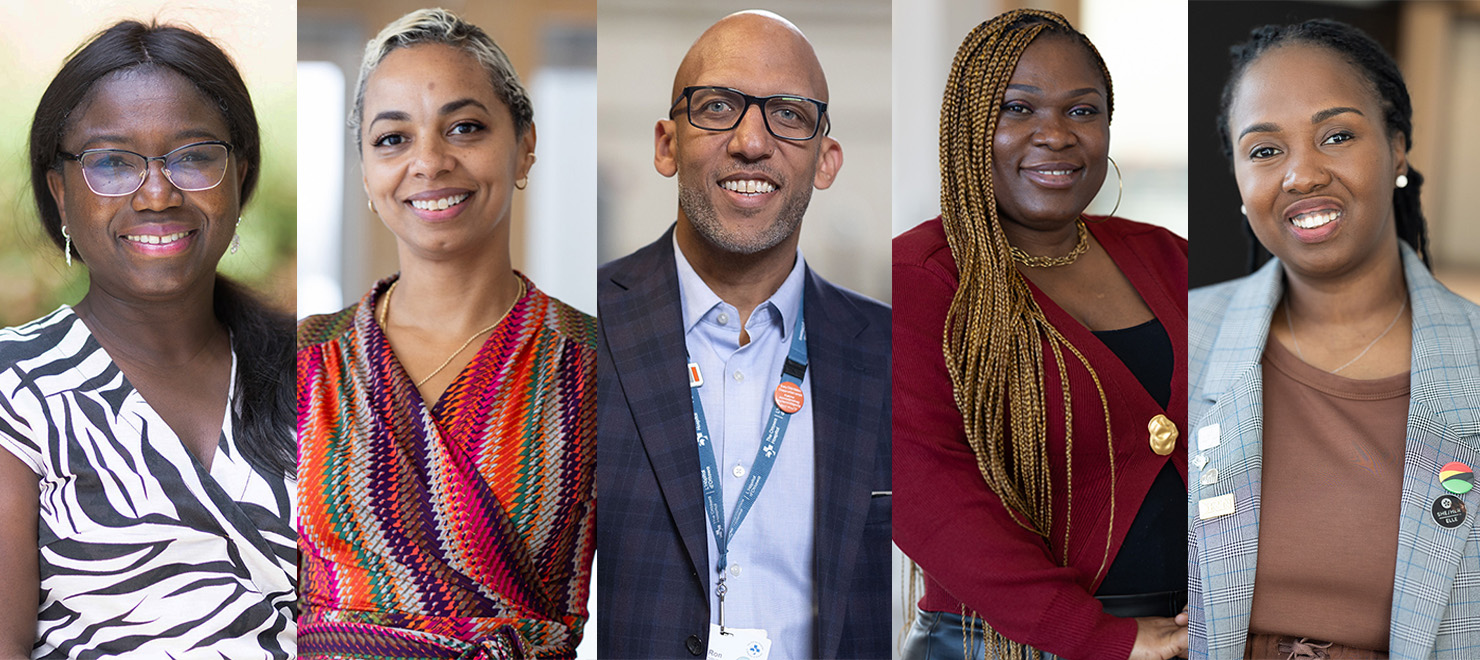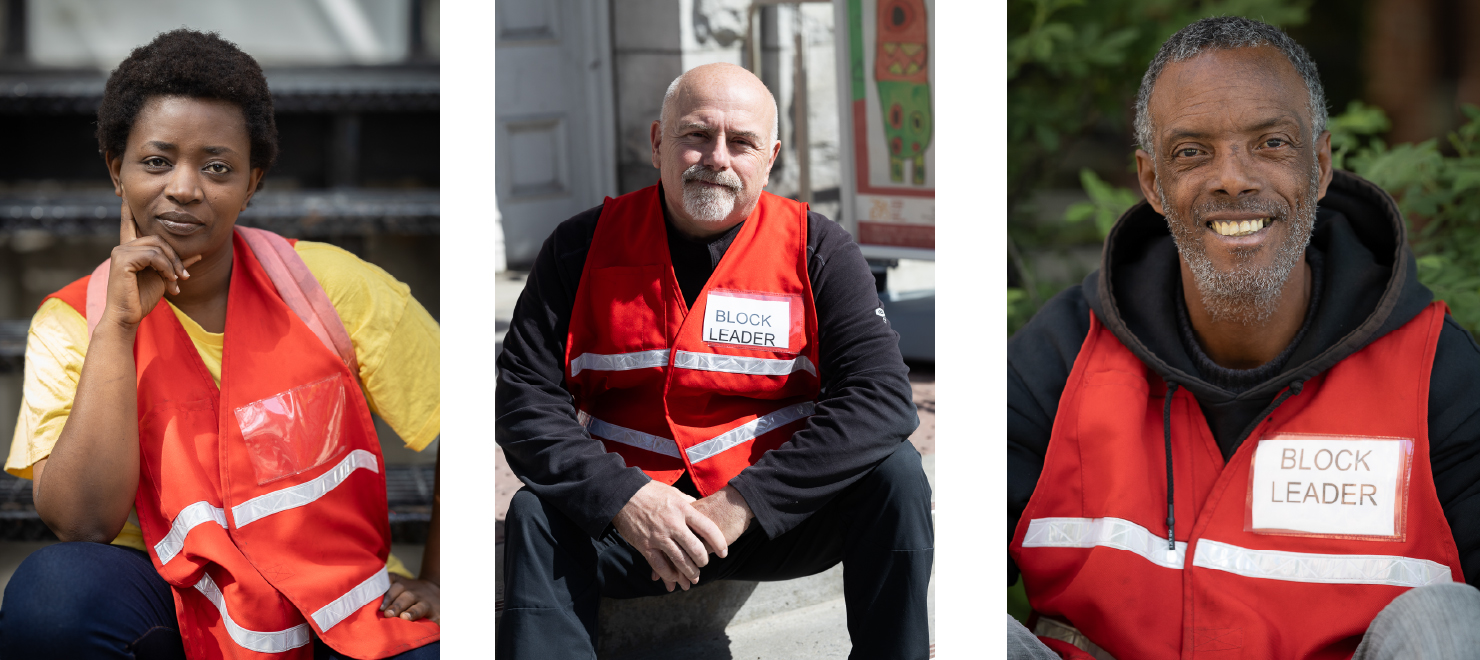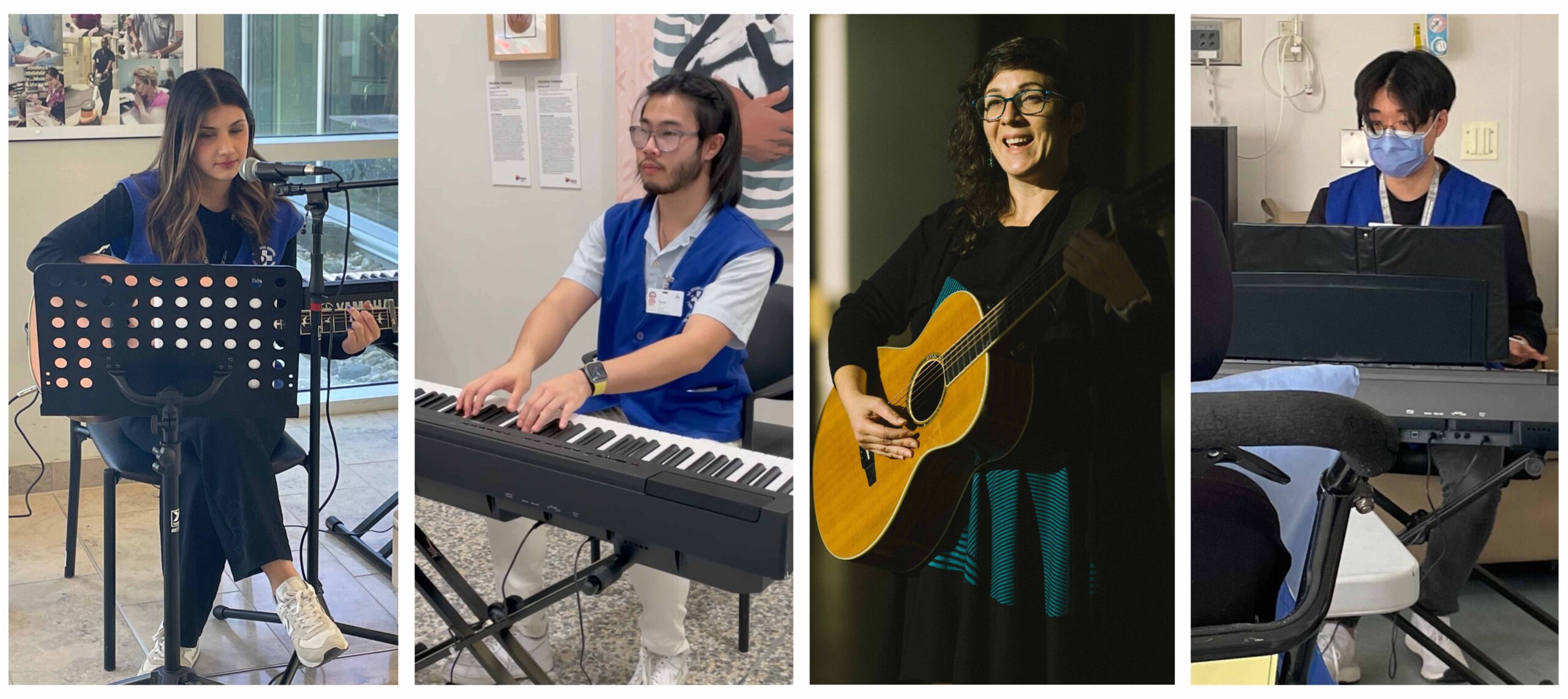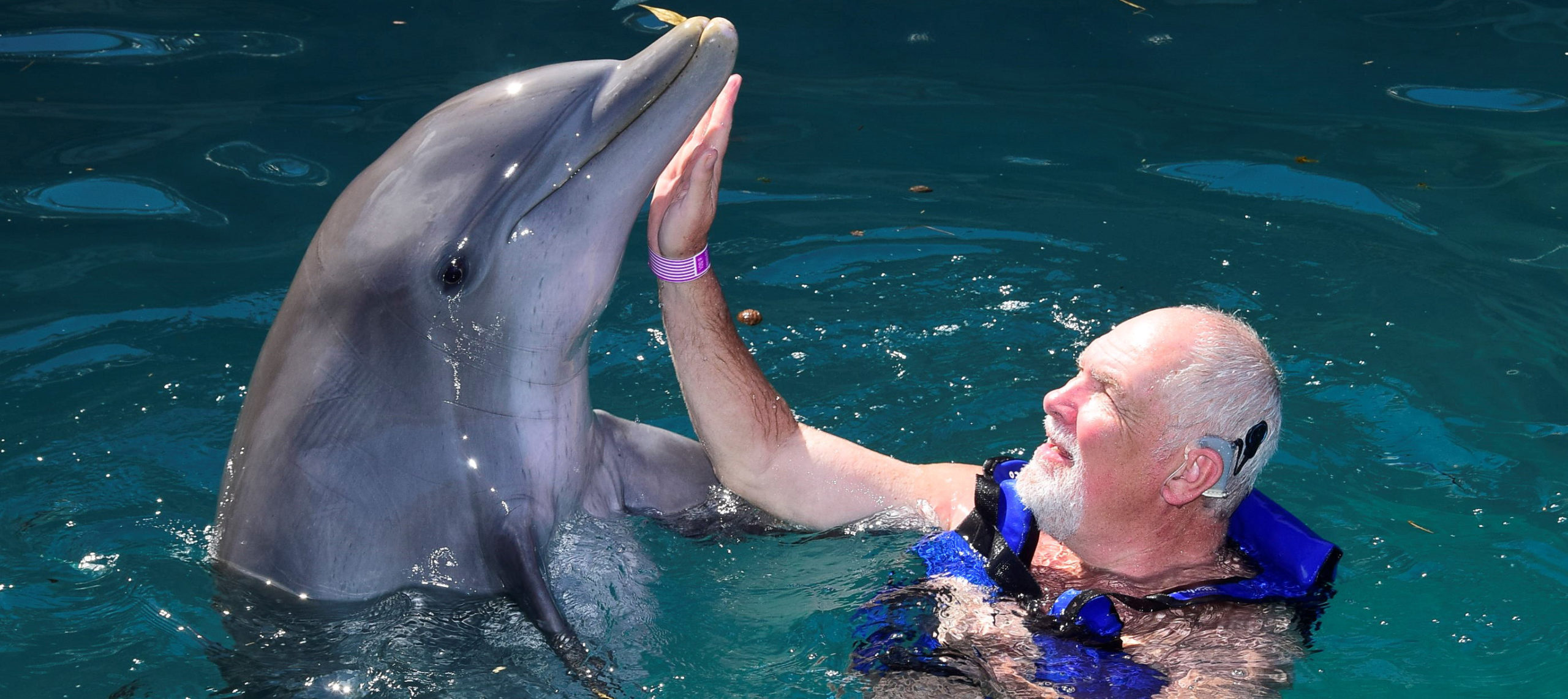
When the clinician at a hearing aid company first suggested a cochlear implant, Wayne Herrick had never heard of them. Wayne, a father of three and grandfather of four, had been living with hearing loss since his 20s. Over three decades he had relied on bigger and more powerful hearing aids to help him hear those around him. But hearing aids only amplify the hearing a person has, and Wayne’s ability to hear was lessening every day. Wayne needed a new solution soon, or risk losing his hearing entirely.
What is a cochlear implant?
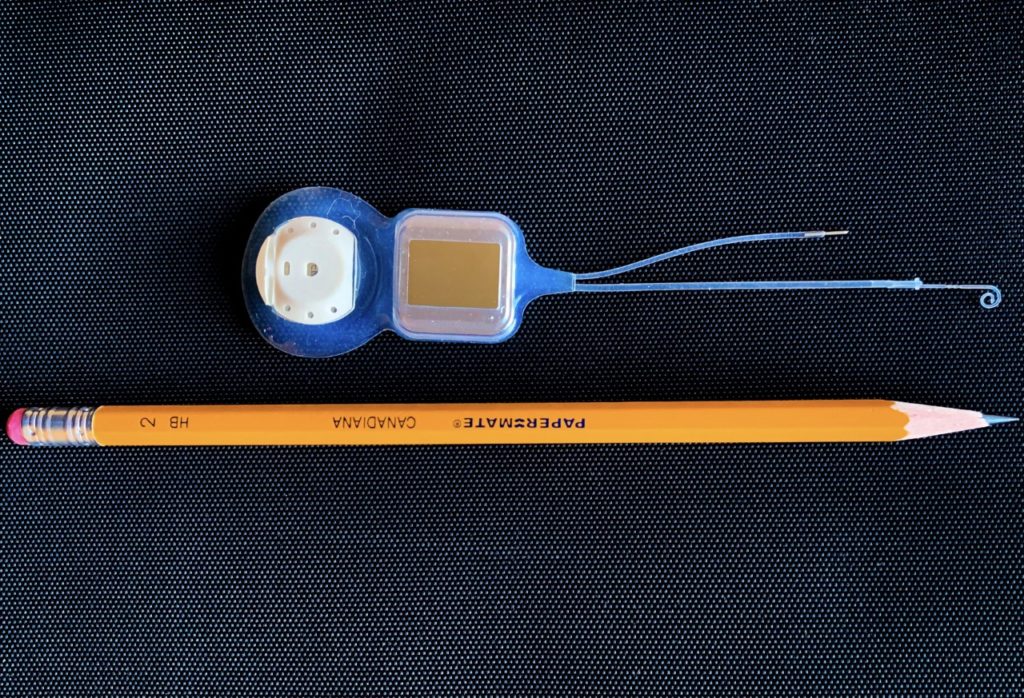
A cochlear implant is an electronic device that bypasses damaged or absent hair cells located in the inner ear, also known as the cochlea. These hair cells normally transmit stimulation to the hearing nerve fibres. When there is significant damage to these hair cells, a cochlear implant may be inserted to artificially bypass the hair cell function.
The technology has advanced over the years. Now an implant can integrate via Bluetooth to a tv, phone or other device for direct streaming to the implant.
How is a cochlear implant different from a hearing aid?
Hearing aids amplify sounds so they may be detected by damaged ears. Cochlear implants bypass damaged portions of the ear and directly stimulate the auditory nerve. This reactivates frequencies used in normal speech which have been become dormant with hearing loss.
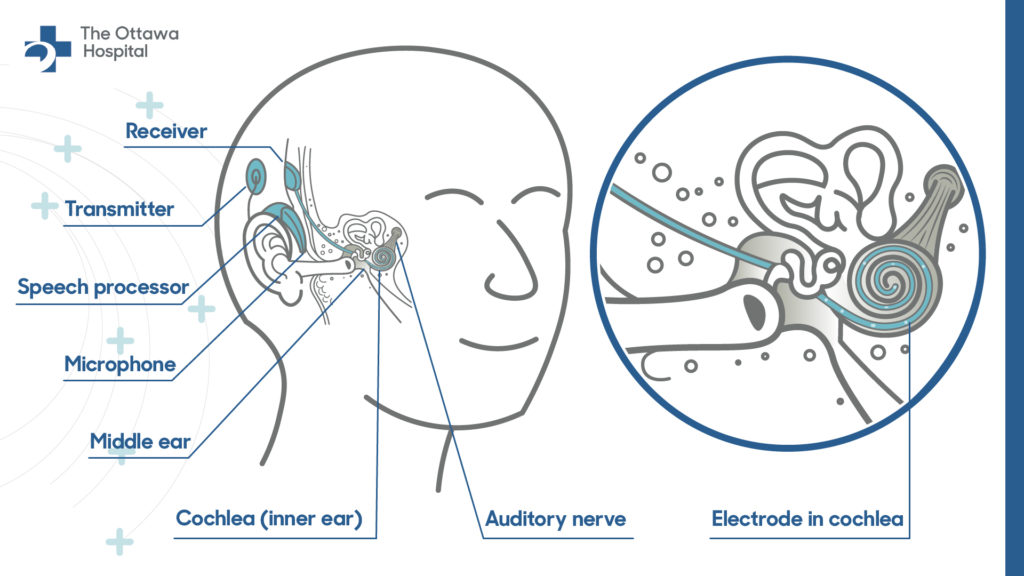
As Wayne’s hearing declined, even with the use of hearing aids, he found himself withdrawing from life. He found it harder and harder to talk on the phone and participate in meetings at work.
“I just couldn’t function,” he recalled. “My job was dealing with the public and other environmental officers. It was the start of the teleconference era and not being able to see people’s faces or lip read, I was just lost.”
He even found himself pulling away from the people and activities he loved most.
“I didn’t want to talk to anybody,” he said. “No one wanted to talk to me because I couldn’t hear.”
The Cochlear Implant Program at The Ottawa Hospital
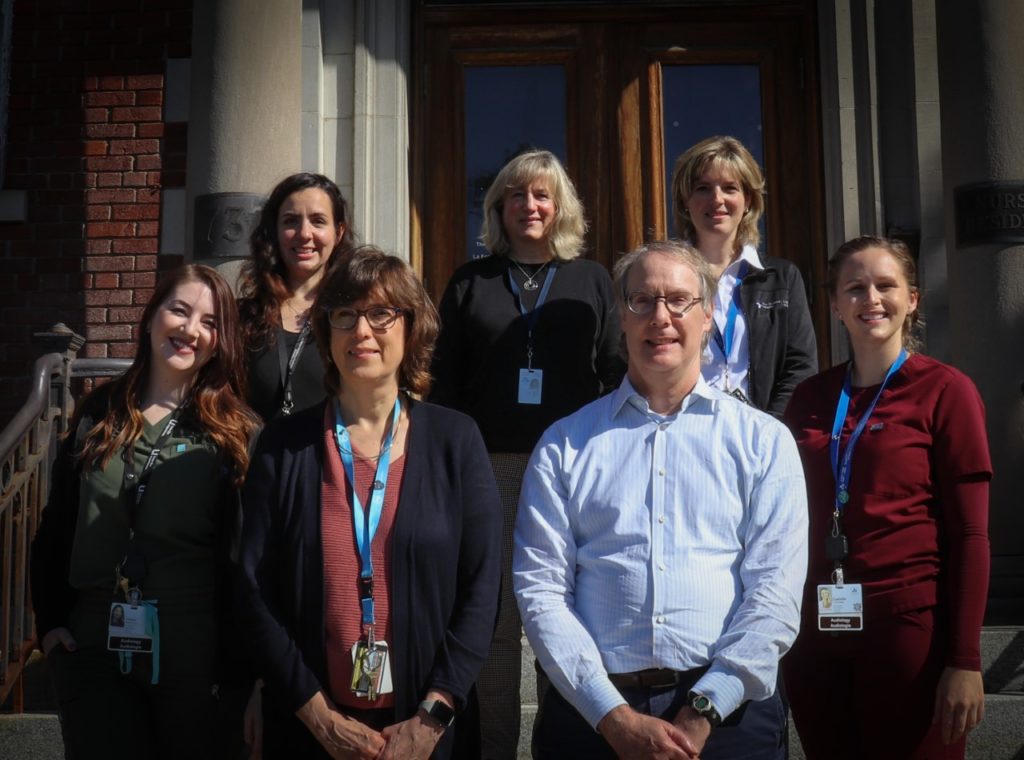
The Cochlear Implant Program at the Ottawa Hospital is one of only three programs in Ontario that offers cochlear implant surgery to adults. The program was founded in 1993 and has performed more than 1,000 total surgeries. The program currently receives about 150 referrals per year from audiologists and other hearing professionals in the region.
In addition to their medical expertise, the clinic is well-known for its compassionate care.
“Lots of patients tell us that we’ve become like family. When they come to see us, we will know their name, we will know their story, we will know that they have a grandchild or just had a baby,” said Camille Lacasse, Doctor of Audiology and audiologist at The Ottawa Hospital. “Our door will always be open. We will always make sure to go the extra mile to figure out how to help you.”
Who is eligible for a cochlear implant?
You may be eligible for a cochlear implant if you are receiving limited benefit from hearing aid devices in one or both ears.
Here are some questions to ask yourself. Even when wearing hearing aid(s):
- Am I feeling more isolated because I can’t function as well in noisy places or group settings?
- Do I have trouble hearing people on the phone, the television or music?
- Do I struggle to understand people when I can’t see their lips (e.g. when they are wearing a mask)?
- Do I often ask people to write down what they want to tell me?
- Do I have trouble locating where a sound is coming from (e.g. cars, an alarm)?
- Am I concerned about my own safety and ability to hear important things?
If you answered “yes” to one or more questions, you may be a candidate for a cochlear implant. Please contact Shelly Armstrong at sarmstrong@toh.ca for more information.
“What’s that sound?”
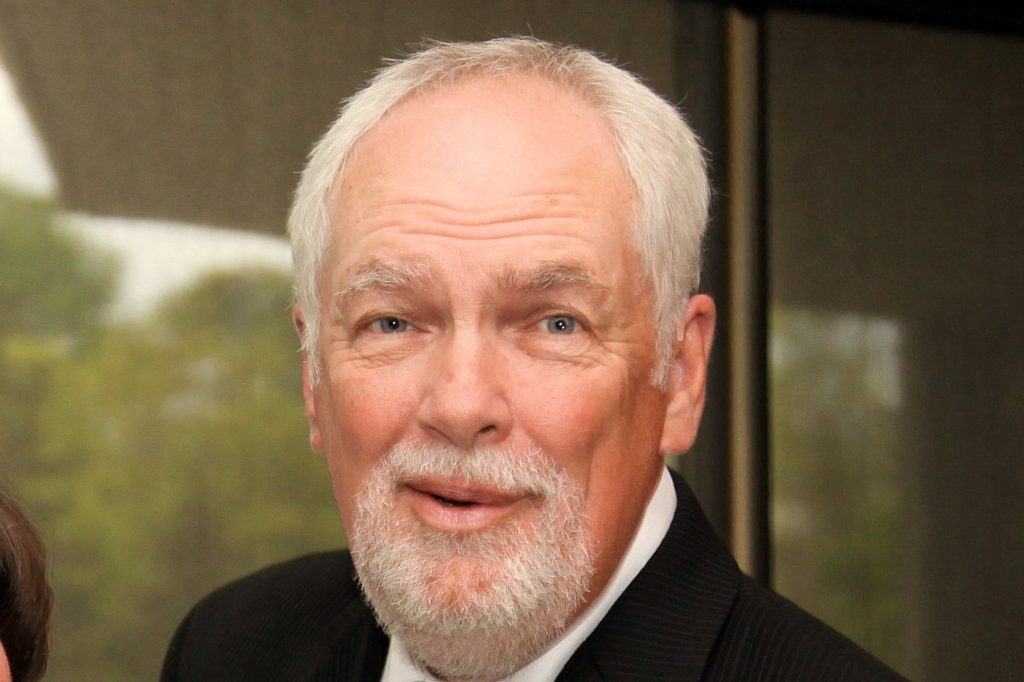
The team of audiologists at the Cochlear Implant Clinic confirmed that Wayne was an excellent candidate for a cochlear implant. He had his first cochlear implant surgery on his left ear in 2011. Patients need to wait four to six weeks for the incision to heal before the implant can be activated, and for Wayne, those six weeks were especially difficult because he had only one hearing aid to rely on.
Once the healing was complete, it was time to activate the implant.
“With the activation, I could hear right away, but it sounded pretty strange,” he said. “ For me everyone sounded like Alvin and the Chipmunks. It was pretty amazing.”
Wayne knew he needed to be patient as he adjusted to the implant, but he noticed some surprising improvements right away.
“My wife was driving me home from my activation, and I asked her, ‘what’s that sound?’ It was the car’s turn signal!”
Reconnecting with family
Wayne worked with the team at the Cochlear Implant Clinic to fine-tune the implant for him. This is an important step to customize the implant for each patient. The most dramatic changes are usually felt within the first six months after surgery. But there is one touching moment about one month after the activation that Wayne will never forget.
“I was at an outdoor café with my family to celebrate my birthday, and I felt this little tug on my sleeve. It was my four-year-old grandson. He said, ‘Grandpa, can I please have a piece of cake with roses on it?’ It was the first time I had ever heard my grandson speak.”
Enjoying music again
Wayne went on to have a surgery for a second implant on his right ear in January 2017. As he had hoped, the results were even better than before.
Hearing his family’s voices was one big milestone, but there were many others—he was also beginning to enjoy music again.
“Before my first surgery, my wife and I went to see Elton John in concert, and it was totally a waste of money,” he said. “I had grown up with that guy so I knew all the songs, but that night I couldn’t tell which one was playing. All I heard was noise. But since the surgeries, we’ve been to Bryan Adams, Gordon Lightfoot, Burton Cummings, Tina Turner, Chicago—just beautiful!”
Setting realistic expectations
Wayne thinks that with two cochlear implants, his hearing is better than the average person his age. That’s not to say his hearing is perfect.
“I tell people that you’re not going to be able to hear like you did in your 20s,” he said. “If you get 50 percent of your hearing back, that’s going to be a whole lot better than you’ve got now.”
Returning to an active life
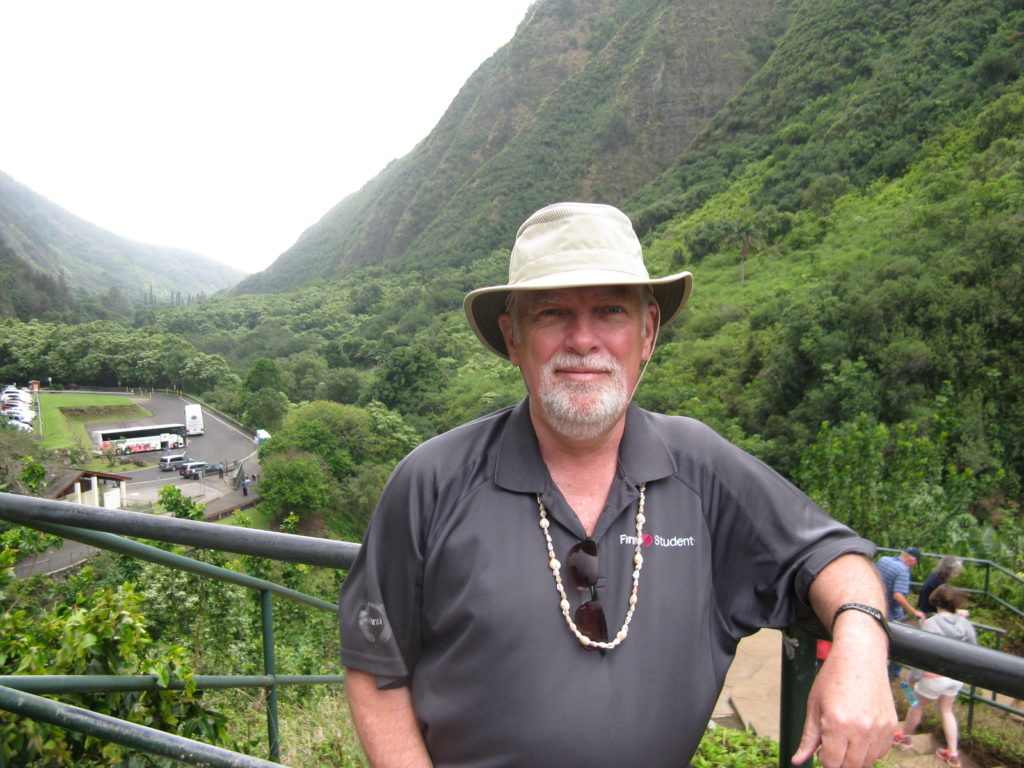
With improved hearing, Wayne is eager to return to his active lifestyle that includes playing sports, enjoying international travel, and meeting interesting people.
Wayne is currently the chairperson of a cochlear implant support group, which provides information and support to both potential cochlear implant patients and people who have gone through the surgery. He also volunteers for Cochlear Canada.
“Now I can’t wait to talk to people,” he said. “The implants are totally lifechanging.”
Wayne says is most appreciative of the professionalism and excellent care he received by Dr Schramm and all of the audiologists at The Ottawa Hospital’s Cochlear Implant Program. Not only have they restored his hearing, but every month he also has the opportunity to learn how that team has improved the lives of so many.

Support patient care and research at
The Ottawa Hospital
You might also like…
February is Black History Month
Five members of The Ottawa Hospital’s Black community reflect on what this month means to them, their heritage and the importance of building a truly equitable health care system.
The place to be: The Ottawa Hospital recognized as one of Canada’s most admired corporate cultures
The Ottawa Hospital (TOH) has been named one of Canada’s most admired corporate cultures. Guided by compassion and commitment to patient care, TOH has developed a workplace culture that inspires confidence and trust in our employees, patients and family members.
2SLGBTQIA+ care at The Ottawa Hospital: A helpful guide
The Ottawa Hospital offers an array of services and resources to help meet the specific care needs of the 2SLGBTQIA+ community — including a provincial-first gender-affirming surgery clinic, a 24/7 care program for survivors of sexual assault and intimate partner violence, and a specialty clinic for medically complex patients seeking help on their transition journeys.
“It’s about giving them hope and purpose”: Ottawa Inner City Health’s Block Leaders program marks one year serving the community
Seven days a week, Block Leaders head out into the ByWard Market to help fellow members of their community who are unhoused or use drugs. They provide support to people in distress, respond to overdoses and even clean their neighbourhood — all with the goal of creating a safer and healthier community for everyone.
Watch: Princess Margriet of the Netherlands sent us this lovely video message for the Civic’s 100th anniversary
If you’ve ever wondered why tulips are so important to our city, the answer involves a world war, a royal family and The Ottawa Hospital’s Civic Campus. In this special video message, Her Royal Highness Princess Margriet of the Netherlands shares why the tulip is a special symbol of the endearing friendship between her country and Canada.
A volunteer program that taps into the power of music
Studies have shown that music can benefit the body, mind, relationships and community. Musical Moments is a program where volunteers play live music to support positive outcomes for patients, visitors and staff.


 To reset, hold the Ctrl key, then press 0.
To reset, hold the Ctrl key, then press 0.
